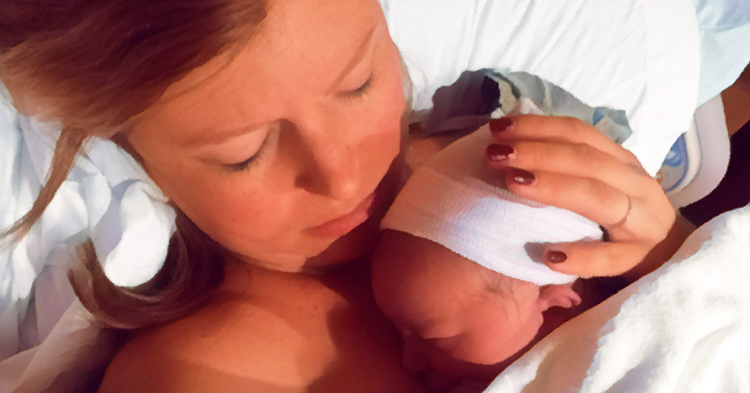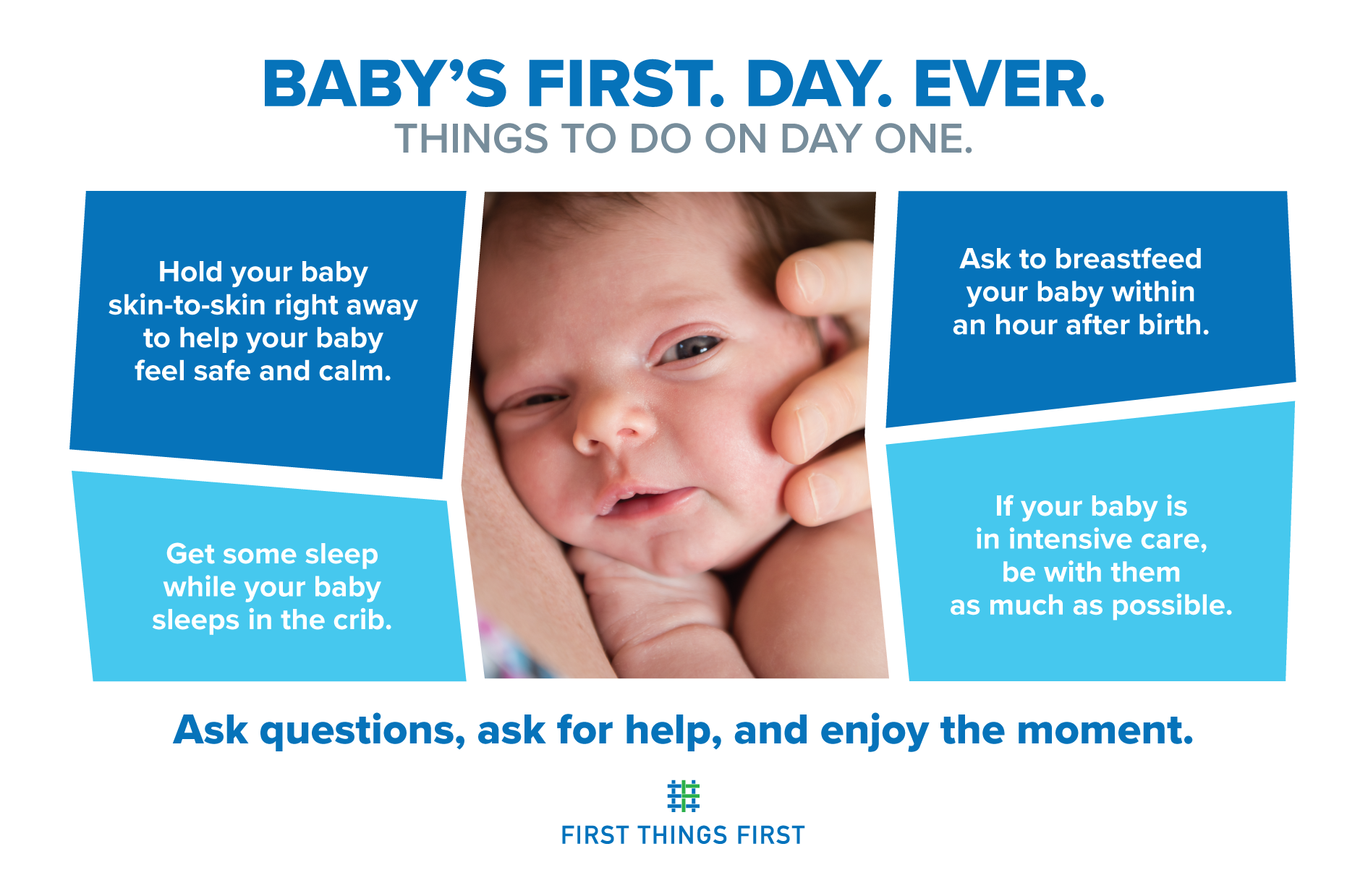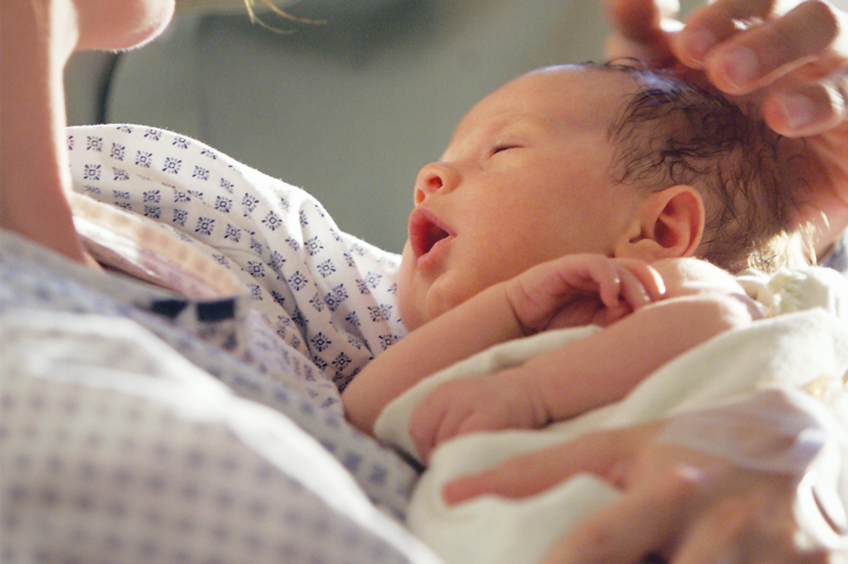You’ve waited months for this moment—and now your baby is here! Those first few hours are big for both of you. Here’s what to expect and how to make the most of your first moments together.

Your Baby’s First Hours
Right after birth, one of the best things you can do is hold your baby skin-to-skin. It helps your baby feel safe and calm, keeps them warm and gets breastfeeding off to a good start. If you plan to try breastfeeding, ask to feed your baby within an hour after birth. A nurse or lactation consultant can help you get started.
If your baby is doing well, they can usually sleep in the same room with you—this is called rooming-in. It helps you bond, makes feeding easier and gives you more time to get to know your baby.

Sometimes, babies need extra care. If your baby is born early or has a medical need, they may stay in a special area like the nursery or NICU (Neonatal Intensive Care Unit).This allows the doctors and nurses to closely watch babies’ heart rate, breathing and other health signs.
Babies who are born early or small often just need some extra time to grow and get stronger before they go home with their parents. It’s hard, but remember—you can still visit, hold, read to and care for your baby as much as possible.
Your Baby’s First Health Care
Newborns get their first checkups right away in the hospital. Here are a few important things to know:
- Your baby should get their first hepatitis B vaccine before leaving the hospital. See the full vaccine schedule>>
- Ask your doctor about RSV protection, especially during cold and flu season. Learn more about RSV>>
- If you’re breastfeeding, ask if your baby needs extra vitamin D. More information on supplements>>
- Babies in Arizona are tested at birth for hearing problems and certain medical conditions. Learn more about what to expect>>

Going Home with Your Baby
You will need a car seat when you and your baby go home from the hospital. To learn about choosing the right car seat, see our Car Safety page.
Once you’re home, focus on resting, feeding and bonding. It’s normal to feel tired and overwhelmed. Try to:
- Have a few meals prepped or frozen ahead of time.
- Let friends and family help with meals or chores.
- Hold off on visitors until you feel more settled.
- Ask for exactly the kind of help you need—people want to support you!

